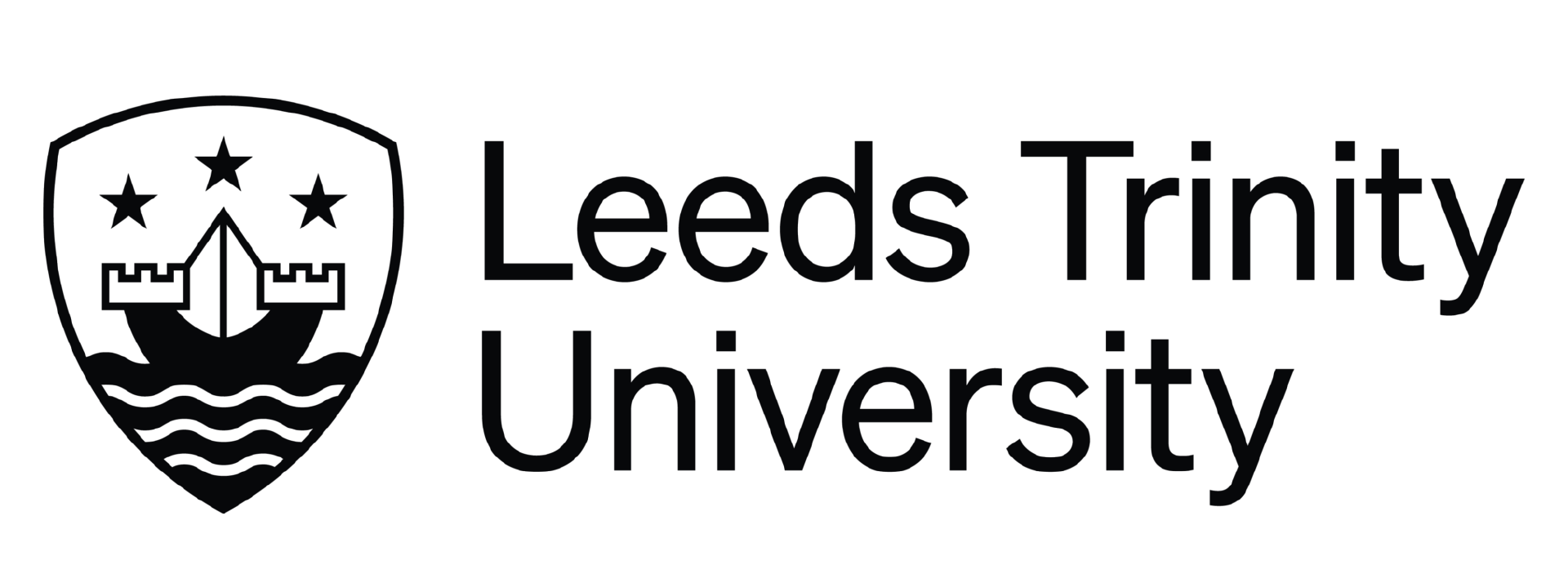Guest blog by Nicky Denison and Les Newby
The debate on the future of universities in the UK is a sculpted fog of opportunity and uncertainty. Higher education (HE) is recognised as central to economic success more than ever before; and, with the growth of universities, there is scope for more people, businesses and communities to connect to the benefits that HE offers. But equally, with future funding arrangements under the spotlight, expectations are heightened, not just around the advantages of HE for individual learning and for research and knowledge exchange that is nationally and globally valuable, but also around the wider opportunities that universities bring to the towns, cities and regions in which they are based.
The ‘Civic University’ concept provides a basis for thinking through this approach. Under the auspices of the UPP Foundation, a major national independent inquiry is underway to examine and produce policy recommendations on what a 21st century civic university should look like. In effect, the Commission is looking at what universities can do in their role as local ‘anchor’ institutions. There is considerable cross-over between the anchor institution model and that of the civic university. Both contribute towards an intensified effort to extend the already substantial benefits that civic institutions, including universities, bring to local people, communities and economies.
That’s the theory. But what does it mean in practice?
Turning the rhetoric into reality was the focus of a recent roundtable organised by Yorkshire Universities, which brought regional universities and national experts together to discuss the concept and how to make it real within Yorkshire.
Amongst the contributions, participants learnt about work in York, as well as in Leeds and the wider Leeds City Region where the collective power of anchor institutions (including universities) as inclusive organisations is being harnessed. Delivered through a partnership between the Joseph Rowntree Foundation, the Leeds City Region LEP and Leeds City Council, the focus has been on demystifying what it means to be an anchor and identifying practical actions that can be taken to apply that role around five core ‘dimensions’ – employment, procurement, land and assets, service delivery and civic contributions. A ‘Progression Framework’ tool has been developed and is being used by hospitals, colleges, local authorities and universities to help anchors determine where they are now, where they want to get to, and how they can do that. Critically, the work has focused on making the impact of anchor action tangible, defining the potential win not just for local people and places, but also for organisations themselves.
For example, an anchor taking action on inclusive recruitment, pay and conditions, and staff progression can help it to recruit and retain staff, fill vacancies and make the most of workforce talents, but can also help to build local wealth, reduce poverty and create ladders of opportunity for people to get into work and progress. Taking action to contract with local suppliers can build responsive supply chain relationships and deliver quality and value, but can also grow local businesses and create more and better jobs for local people. Working with local/regional businesses on innovation can help both the firms and universities involved to prosper commercially, and to enhance their relationships, research and reputations.
It is easy to see, therefore, how substantial the combined impact could be if universities across Yorkshire strengthen their civic university and anchor roles, and how this fits with priorities being developed as part of the emergent local industrial strategies.
There is much that universities can do now practically to progress as an anchor institution. Individually, they can embed and apply anchor thinking corporately, allocate leadership and practical roles; look at their procurement by conducting spend analysis; and use tools such as the Progression Framework to self-assess, set ambitions, identify actions and monitor progress. And naturally the ‘action’ part is crucial – whether it is looking at how to generate and maximise local benefits from major investments, how to amplify local social mobility through access to courses and jobs, or how to engage with local business around R&D, knowledge and supply chains.
Collaboratively, as a network of HE institutions in Yorkshire, and as partners in local anchor networks (such as that in Leeds), universities can work together and with others to explore and exploit the potential for action. That could mean developing tailored work to identify how HE institutions can shape their service delivery to maximise their local contribution; getting involved in collaborative tangible action that flows from that; and communicating success and sharing learning to become beacons of good practice that inspire others elsewhere in the sector, the region and beyond.
The anchor institution and civic university concepts are not simply additional tasks for universities to decipher and undertake. They are mutually-connected, forward-looking, practical concepts that are central to how HE increasingly operates, and where universities in Yorkshire have a real opportunity to act as field leaders.
Nicky Denison and Les Newby are independent consultants specialising in economic development and inclusive growth, and have delivered work on anchor institutions in Leeds City Region, including developing the Progression Framework that is referred to in this article. For more information, contact Nicky on nicky@nickydenison.co.uk and Les on les@lesnewby.com












